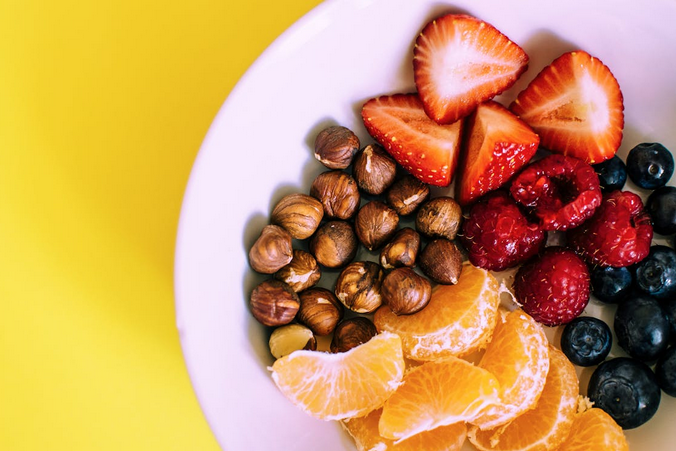
The Role of Nutrition in Reducing Incontinence Symptoms
Incontinence can feel like a taboo topic, often whispered about behind closed doors. Yet, it affects millions of people worldwide. The good news is that small changes in nutrition can make a significant difference in managing symptoms. By focusing on what you eat and drink, you can take control of your bladder health. Those who are not familiar with the term might need to visit https://www.prelomed.at/inkontinenz-ein-wachsendes-gesundheitsproblem-in-einer-alternden-gesellschaft/ first before continuing.
This blog will explore how hydration balance, fiber-rich foods, avoiding irritants, and weight management play vital roles in reducing those pesky symptoms. Let’s dive into nutrition and discover how to enhance your quality of life with thoughtful choices.
Hydration Balance
Hydration is essential for overall health, but it’s essential when it comes to managing incontinence. Staying adequately hydrated helps the bladder function optimally. When you are well-hydrated, urine becomes more diluted, which can reduce irritation. However, finding that perfect balance is key. Too much fluid intake can lead to overactive bladder symptoms, while too little may result in concentrated urine that irritates the urinary tract. Aim for a steady daily intake rather than chugging large amounts at once. Water should be your primary beverage of choice; herbal teas and clear broths also count towards hydration without being harsh on the bladder.
Fiber-Rich Foods

Fiber-rich foods play a crucial role in managing incontinence. They help regulate bowel movements and maintain overall digestive health, alleviating some bladder pressure. Fruits, vegetables, whole grains, and legumes are excellent sources of fiber. Incorporating these into your daily meals can make a significant difference. Add berries to your breakfast or toss chickpeas into your salad for an easy fiber boost. Not only do these foods promote regularity, but they also keep you feeling full longer. This can be particularly helpful if you’re trying to manage weight as part of your strategy against incontinence symptoms.
Minimized Irritants
Certain foods and beverages can exacerbate incontinence symptoms. It’s essential to identify these irritants for better management. Common culprits include caffeine and alcohol. Both can increase the urgency and frequency of urination. Reducing or eliminating them may yield positive results. Spicy foods, citrus fruits, and artificial sweeteners are also known offenders. They might irritate the bladder lining, leading to discomfort.

Weight Management
Weight management plays a significant role in managing incontinence symptoms. Carrying excess weight can put additional pressure on the bladder and pelvic floor muscles. This added strain may worsen leakage issues. Maintaining a healthy weight can lead to improved bladder control. Simple lifestyle changes, such as incorporating regular exercise and balanced meals, can make a difference. Activities like walking or swimming are not only beneficial for overall health but also help strengthen core muscles.
Nutrition plays a crucial role in managing and potentially reducing symptoms of incontinence. Individuals can take significant steps toward improvement by focusing on hydration balance, incorporating fiber-rich foods, avoiding irritants, and maintaining a healthy weight. A mindful approach to nutrition can empower those experiencing incontinence symptoms to regain confidence and comfort. Adopting these practices fosters better health outcomes while enhancing daily experiences.
